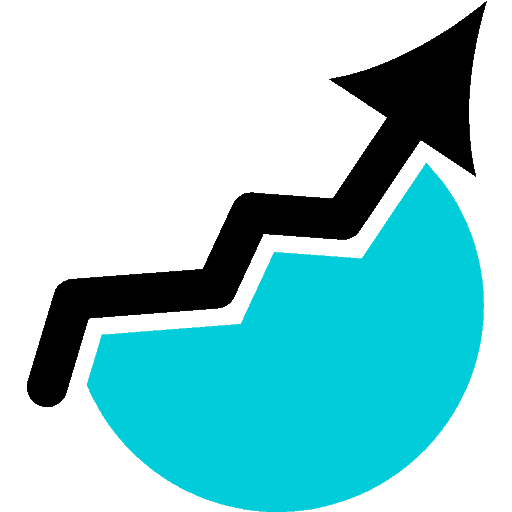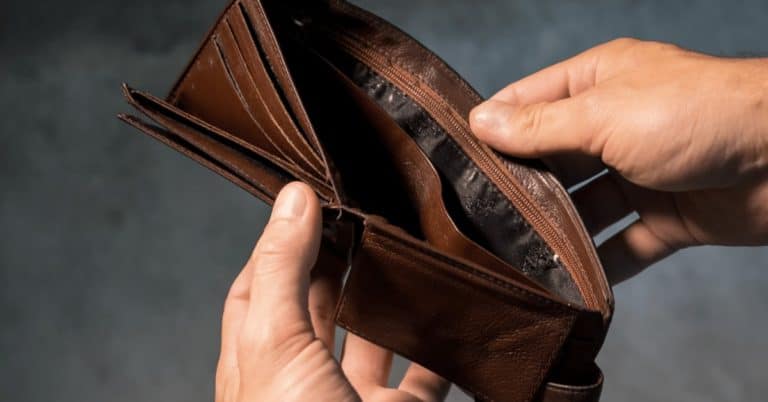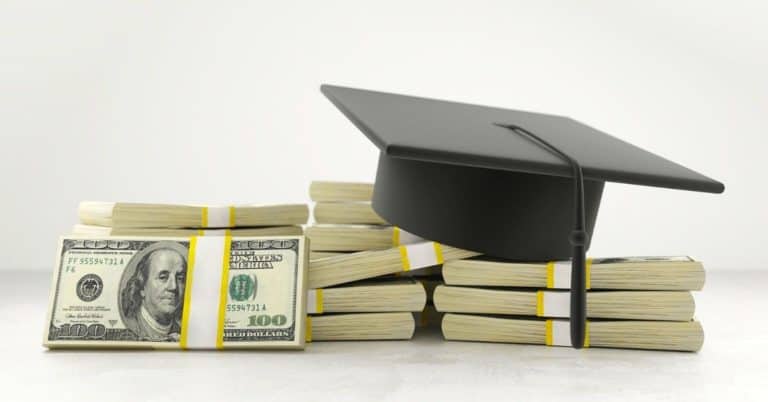Crash Course In Financial Literacy
You can’t do it without money these days, we all know that. We can wish for happiness, health and love, but when there is no money, neither of these areas can fully come true. With money, everything is easier or, let’s say, more affordable. Better healthcare is paid for, romantic dinner is also not free, and you won’t feel lucky to travel if you don’t first buy a ticket to that destination.
Therefore, it is important to remember that finance plays an important role in our lives. But how to improve your financial situation and how to raise money so that you can start living better?
We must warn you that no miracle will happen, the money will not come to you on its own. You need to change your mindset, start working on your financial literacy, and create a clear financial plan. When you understand on what principle finance works and how to work with it, everything suddenly goes on its own. The important thing is to get started.
Personal Finance and the Effect of Consumerist Culture

Consumerism significantly affects our handling of money and tends to cause thoughtless spending.
We are attacked on all sides by the sales tricks of companies that force one thing: to put money into circulation. Sometimes it is right, because we really need the thing, sometimes we really spend on useless things.
That is why we must be hardened and educated in the world of finance in order to be able to distinguish what is right for us and our money. By learning to understand them and work well with them, we can quickly see changes in our financial situation. Personal finances are not complicated, you just need to devote to education in this area and want to improve your financial level.
What should you know about finances and how can you take care of them to come to you and have enough?
The Importance Of Financial Literacy

Financial literacy allows you to properly understand and learn how to handle finances in life so that you can maintain and best improve your personal or family financial situation.
It is one of knowledge or skill, so with good financial literacy we are not born, nor were rich people born with it. They themselves worked their way to financial knowledge through their diligy and effort, which also very soon brought them the fruits of their labor. Although some financial information has changed steadily over the years, the basic nature is still the same and simple.
We all have some awareness of money, it is important to constantly deepen our knowledge and educate ourselves in the field of finance. Quality financial literacy will provide us with a money orientation and later financial stability.
What should you control as a financially literate person?
- You understand basic financial terms such as inflation, interest rates, etc.
- You don’t spend unnecessarily, but on the contrary, you can save
- You have an overview of your income and expenses
- You regularly save or put money aside
- Can you evaluate your relationship to risk
- You know the basic products of the financial market and you know how they work
- You have created your own financial plan that you continue to work with
- You multiply your money by investing (if you have a good financial basis)
A financially literate person can create and plan his own financial budget and also be able to exercise his consumer rights. If he has a good basis for investing, he can evaluate his relationship to risk, and he knows what he can afford and what he can’t. In addition, he is well-known in contracts and knows what to look out for, what to find out and what may pose a financial risk to him.
The Nature Of Money

Hoarding money alone is not enough. Various tips on how to get money, where to get money or how to save money are fine, but if you can’t work with the money you earn or save, it loses its value very quickly.
Therefore, we should take long-term and meaningful care for our money, as well as the flower mentioned.
A very nice and really true idea is that people who have a bad relationship with money often have a shortage of them. This rule really does apply. People living under the thought that money spoils a person, is bad luck or is for the rich are not open to their supply.
It works the same way you close a door in someone’s face. Not many people dare knock again after that and go inside. He may try to climb in through the window, but you, believing it’s wrong, close the window, too.
And it works the same way in relation to money. What energy you give off, it comes back to you. Just think of all these rich people. Do you really think the money fell into their laps?
Yes, some of them may, but most not only worked hard for them, but opened the imaginary door for them.
There is no easy way to abundance, but if we boycott the flow of money in our heads, they will never really come to us. It is also about working with energy, on the principle of which the so-called law of attraction also works.
Evaluating Your Current Financial Situation

If you have finally decided to work on your financial situation, the basis is to first realize what your financial position is. Accordingly, you can continue to work on your finances and build a financial plan.
If you have debts, you must first amortly pay them off and then proceed with the next steps. In order to turn your financial situation in a positive direction, you need to focus on how to save and save money from your paycheck.
If you have a good income and some financial foundation saved, it’s time to start thinking about how toevaluate your finances (saving, investing). Your next steps depend on which rung of the notional ranking of the financial position you are on and where you can continue.
It also depends very much on what stage of the development stage you are in. That is, if you are a student, a graduate, you have your own household, you manage family finances, you do business, you are an investor, you suffer from empty nest syndrome or you are already retired. While all these phases differ, basic needs are usually the same. Therefore, your relationship to money should be virtually the same.
How To Get Out Of The Debt Trap
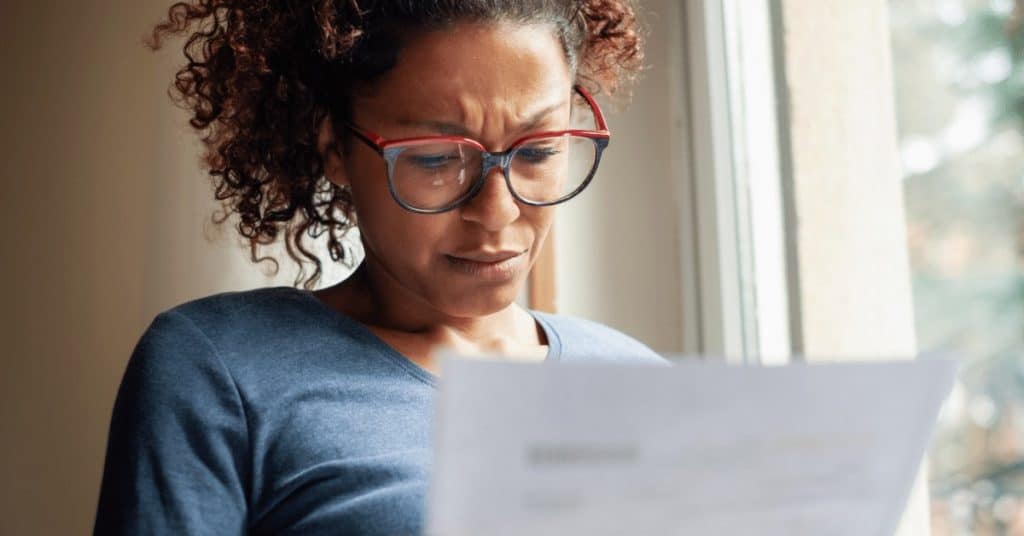
A debt trap is usually started by a mixture of credit card debt, personal loans, vehicle loans, or just borrowing from friends and family at a young age. Each month, the debt grows as you fight to pay only the interest and a small portion of the principal.
If you are in a bad financial situation and have reached a debt trap, be sure to resolve your situation as soon as possible. What options are offered? Your potential options include insolvency and debt relief. If this does not happen and the debt is not repaid and otherwise settled, it takes place only after enforcement.
It is better, of course, that the debt trap does not even occur. So if you have debts that weigh heavily on your budget, the solution is to consolidate or refinance your loans to help you reduce your loan fees.
In order to get out of the debt trap you need to pay down your debts, this is of course much easier to do when you make more money.
How To Make More Money

All your financial issues, your debt, your inability to do the things you want to are fortunatley all solves by doing one thing: making more money.
We have a number of guides available on how to increase your income:
- How To Build Passive Income
- How To Start Earning Money On Instagram
- Affilitate Marketing Free Introductory Training
- Stop Trading Your Time For Money
- 4 Steps To Stop Living Paycheck to Paycheck
How To Effectivley Save

If you have a sufficient financial basis and don’t have debts, you can go for savings – you should consider that absolutely necessary. And to set aside a certain amount literally as an obligation.
So, in addition to rent, electricity, and purchase payments, add savings to your expense list. Then put the amount you have chosen aside, no matter what.
Determine how much of your paycheck you’ll be putting off your savings account every month. The recommended amount is 10%.
You should also have a financial plan in place to clearly determine how you will save, how much you want to save per year, 5 years, 10 years, and what you are actually savings for. You can save in case of adsurrement, but also for some clear purpose – e.g. vacation, car purchase, home renovations.
Automate your savings so you don’t forget to deposit a certain amount into your savings account every month. If a certain amount regularly comes out of your current account, you will soon take it for granted and you will no longer count on this amount for your purchases.
Just a few hundred a month and gradually increase this amount. If you save 500 per month, 6,000 will appear in your account per year, and that is a nice foundation. Put off a little more each year.
As your paycheck increases, so does the amount you’ve put off. By also “cashing in” more on your savings from your increased income, you will miss the headless spending that often comes with a higher paycheck.
How To Invest As A Beginner

At the outset, it is important to clarify your relationship to risk. What you can afford to lose, how much you can invest per month without being threatened existentially, but also how much you want to get. Investing must be willing to devote your time and money. On the other hand, you no longer need to have an extra 100,000 to become an investor.
It is enough to have your finances in order and have some reserve for investing. Nowadays, you can invest from as little as 100, but in such cases, expect your finances to be protected from inflation only with such an investment. You can achieve a fairly decent return already when investing 1,000 per month.
If you already know your relationship to risk and are familiar with basic conceptssuch as investment horizon , money liquidity and portfolio diversification, it is time to choose a specific investment product.
Overview of options for investing money:
- Precious metals — Gold or silver
- Stock
- Investment mutual funds
- Debentures
- Cryptocurrencies
- Commodities
- ETFs — Exchange-traded funds
- Modern investment platforms
- P2P loans
One thing is certain though, don’t believe the promises that investing will make you rich immediately and easily. If someone promises you an unnaturly high return on your investment, odd are if it sounds too good to be true it is.
Fraud is more than common in the internet environment – especially when it comes to money. So start your investing journey by investing in proven stocks, provent products – things you know and only make these purchases either through a licenced financial institution (your bank) or a respected and widely used platform (such as Robinhood).
Saving For Retirement

In the area of finance, it is not true that we should live primarily in the present. Here , more than anywhere else , it is important to think about the future. This is mainly about pension security.
If you do not want to rely on the state and want to enjoy your pension deservedly, you need to start looking at it from an economic (financial) point of view. This is despite the fact that right now you feel that the pension does not concern you yet and is somewhere in sight.
You should start saving for retirement at the most productive age. You will receive (in the best case) a precisely calculated contribution from the state, but it will only cover basic needs. And if you want to enjoy your retirement well-deservedly, the money saved will come in use for you.
If you have not had a generous inheritance in your lap during your life, it will be up to you whether and how much you save for retirement (through savings or investments). One option that is state-supported is pension savings , which actsas a regular investment. The advantage of a pensioner is to receive a state and employer’scontribution if you meet certain conditions.
Once you retire your main sources of financial stability will be:
- Pension from the State (the amount of which is not dizzying)
- Benefits from a pension company if you pay for a pension
- Private savings
In order to determine how much and how you will save money for retirement, you need to prepare a financial plan again and set certain goals. To do this, you will first be helped by the idea of what your pension will look like.
Based on this, then decide how much you want to receive monthly in retirement.
For example, if it’s $20,000, calculate that you get an average of $12,000 from the state and the rest is up to you. This means you’ll need to save (or establish an ongoing recurring income such as a dividend investment portfolio, or an ongoing low-maitenance source of passive income) the other 8 thousand you need per year.
This means if your retirement is to last two decades you would need to have saved $160,000. This may seem like a lot but at least it gives you a clear target.
In Conclussion
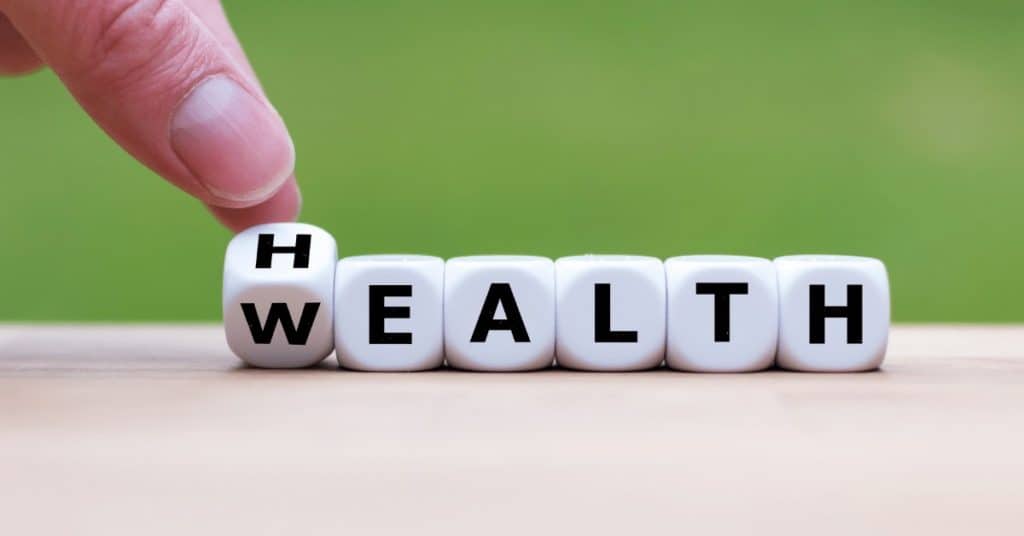
As you may have noticed, personal finances are a really extensive topic. They can often seem complex and incomprehensible to you, sometimes you don’t understand what some people do so much about finances. At the same time, you just need to know the basic rule – Save more, spend less, this is it.
However, financial stability and a good financial position are not only worth saving, but as you could read in our article, the important thing is to know your financial situation, evaluate your relationship to risk and, if possible, invest.
But it doesn’t end here either. We also have to be able to work with the money we earn, and here we return to that survey – it is also important not to forget about retirement and save for it at an early working age. This will make you sleep peacefully with the feeling that you are sufficiently secure and that you can live your life and not just survive through it.
- How to Save Money on Marketing (Without Scaling Back) - October 15, 2022
- Become Your Own Marketing Department With These Essential Tips - October 5, 2022
- The 100 Best Money Quotes of All Time - August 16, 2022

